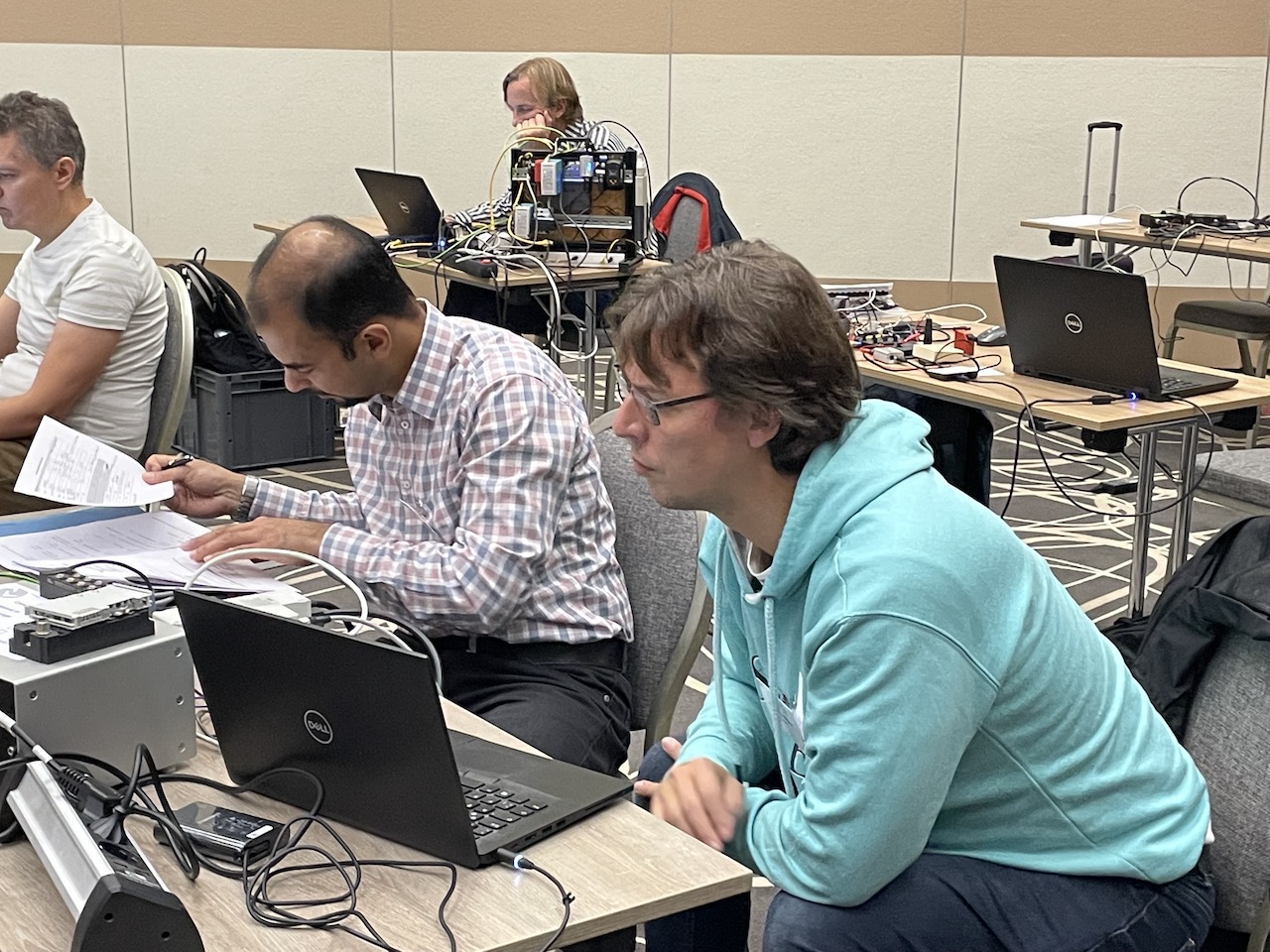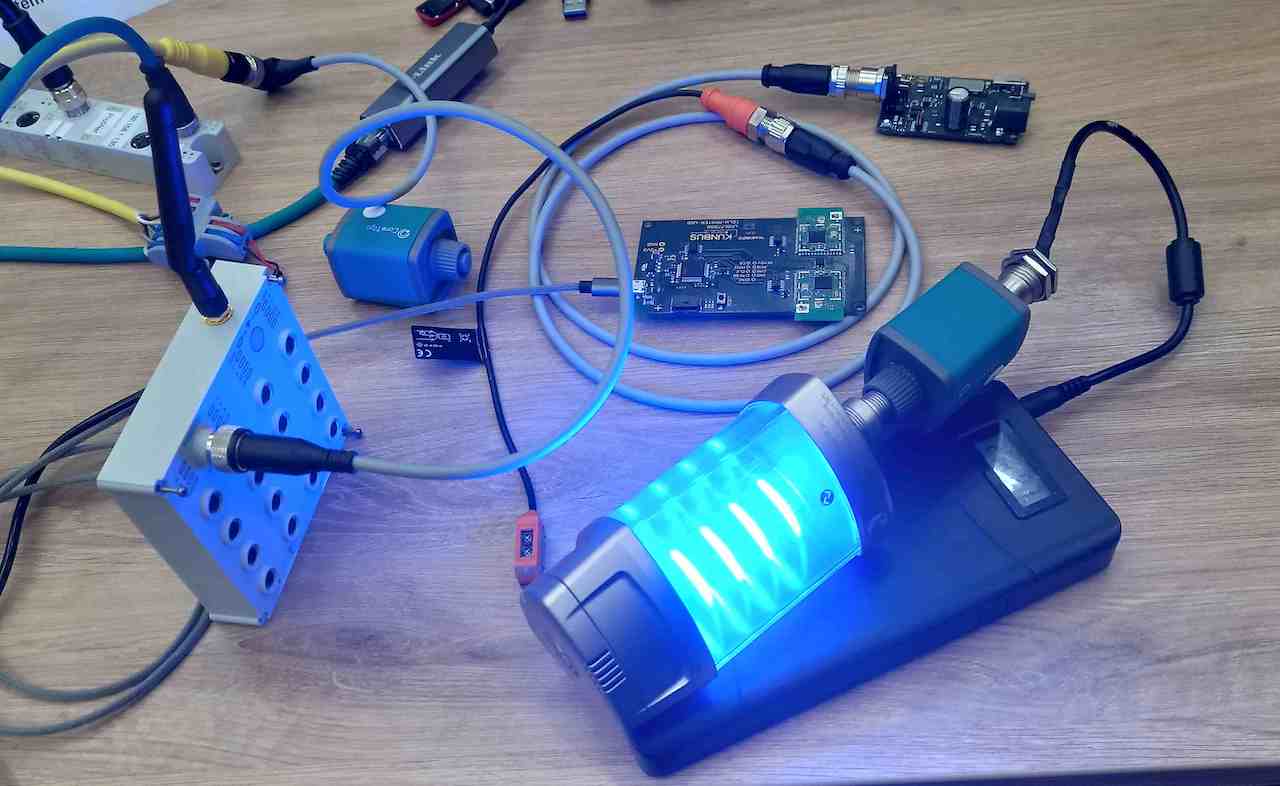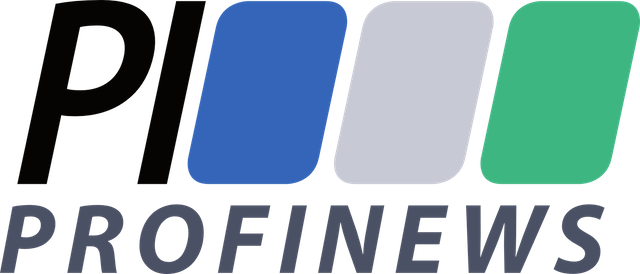On November 3 and 4, 2021, more than 90 representatives from 37 international businesses once again gathered in Bad Soden (Germany) for the latest interoperability workshop. The IO-Link Community invited experts and manufacturers to test and ensure the interoperability of devices, masters and tools under real working conditions.
For two days, participants were able to intensively test their latest device development regarding both the interface itself and cross-system integration into various engineering tools under 2G conditions and have any remaining questions cleared up in a direct dialog as well. Besides being an exceptional Plugfest due to the ongoing coronavirus situation, it was also a minor anniversary for the IO-Link Community, as it was the 20th interoperability workshop for IO-Link technology.
This year’s workshop clearly showed that the bandwidth of device classes has continued to grow and that IO-Link is now seen in just about every area of sensor, actuator and display unit technology. “New” technology like IO-Link Wireless and JSON also found its way into the interoperability workshop, though. Interoperability testing of IO-Link Wireless components from different manufacturers and the transmission of IO-Link data to the IoT realm using the standardized JSON REST API interface was also conducted on site. Due to time constraints, a separate interoperability workshop for IO-Link Safety was held one week later, specifically revolving around the initial device implementations of new safety devices and masters, as well as the functionality and testing of associated testing environments.
In addition to testing of the products themselves, another focal point of the tests is to verify IO-Link functionality like firmware downloading, profile support and automatic data management.
The participants’ lively interaction and sharing of experiences have been a major feature of interoperability workshops for years and an important benefit of the event as well. This makes it possible to clarify and resolve problems quickly, potentially even early enough to be implemented in the specification work.
